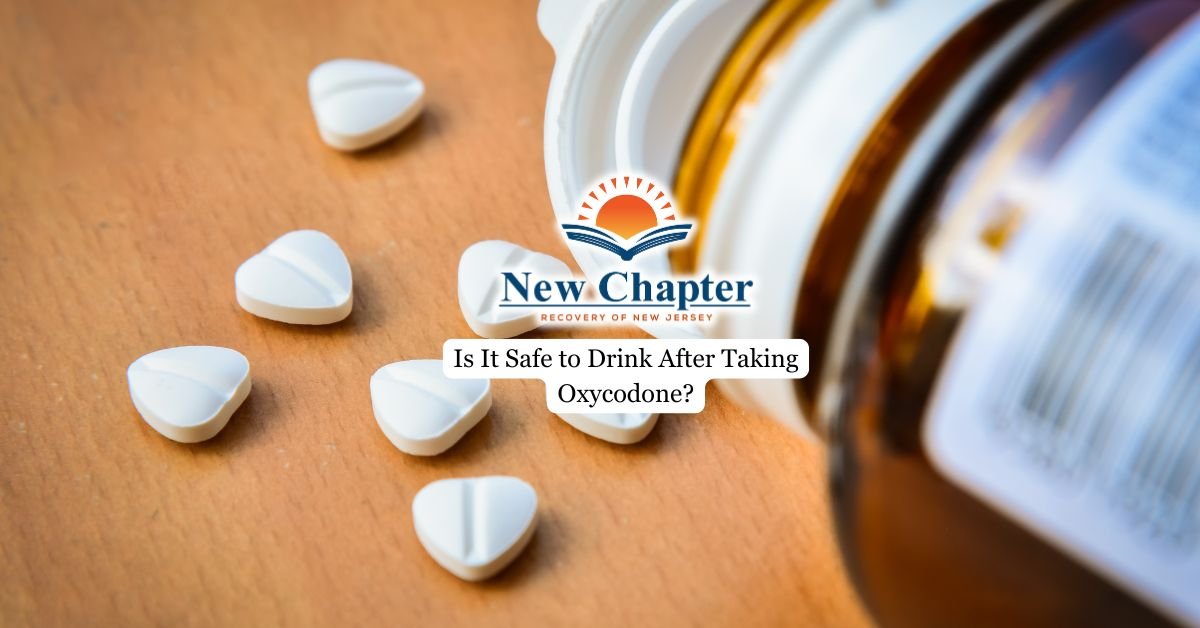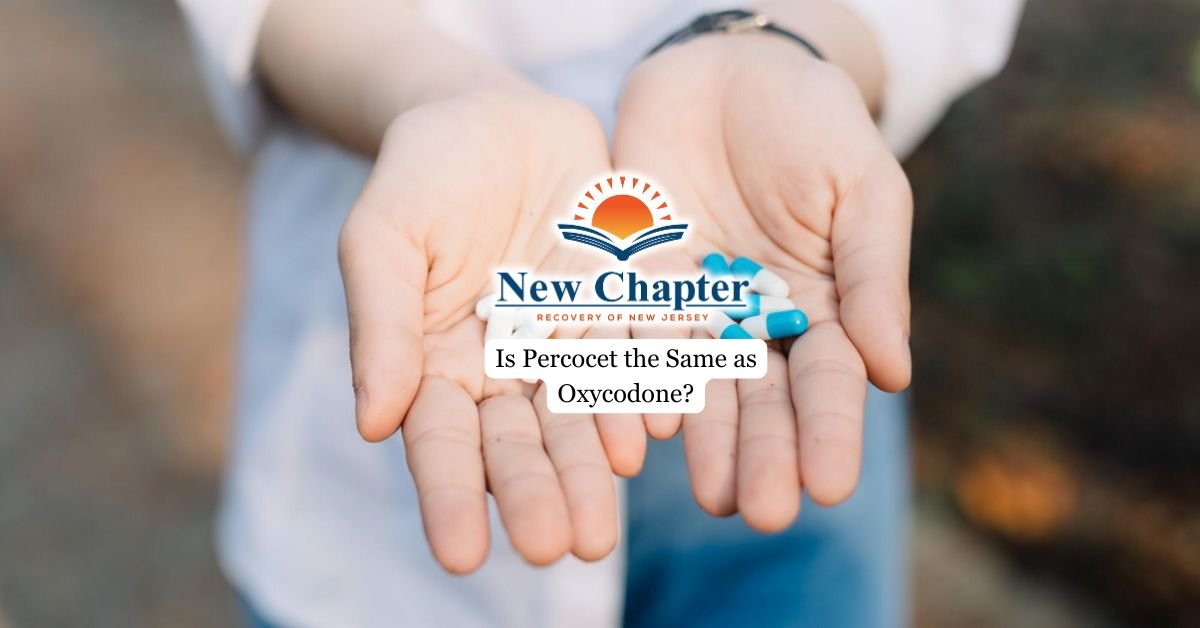For many individuals who have decided to quit marijuana, staying sober presents its own set of difficulties. While marijuana is often considered less harmful than other substances, it can still lead to dependence, making relapse a common obstacle in recovery.
Relapse is not uncommon in the recovery process, but by understanding and applying proactive prevention techniques, individuals can significantly enhance their chances of long-term success.
This article explores practical strategies for avoiding marijuana relapse, with an emphasis on developing coping skills, recognizing risk factors, and fostering a stable, supportive environment.

Develop a Relapse Prevention Plan
To develop an effective relapse prevention plan, collaborate closely with your treatment team. They’ll help you create a personalized strategy that addresses your unique triggers and equips you with coping mechanisms.
Attend therapy sessions regularly to maintain ongoing support for your mental health and to adapt the plan as needed based on your progress and challenges. Identify high-risk situations and develop a clear action plan for managing cravings when they arise.
Incorporate healthy habits into your daily routine, such as exercise and engaging in hobbies, to reduce idle time and distractions that may lead to relapse.
If you have co-occurring mental health conditions, ensure that your relapse prevention plan addresses these concerns as well.
Our addiction treatment specialists at New Chapter Recovery can guide you through a comprehensive Marijuana Addiction Treatment Program in New Jersey which will support your long-term recovery goals.
Identify Triggers
A significant part of your relapse prevention plan is to outline your known triggers and the coping strategies you’ll use when faced with them, which will strengthen your commitment to sobriety.
Triggers can be situations, emotions, or people that spark cravings and temptations to use again. Common triggers include stress, hanging out with former using friends, and being in places where you’ve used marijuana before. It’s crucial to recognize and avoid these contexts to reduce your risk of relapse.
Keeping a journal can help you understand your triggers better. Write down how you feel and what’s happening when cravings hit. This awareness allows you to develop coping skills to manage triggers effectively. Practicing mindfulness can also enhance your ability to respond to cravings without using substances.
Find out why goal setting in addiction recovery is such a crucial part of your journey towards long-lasting sobriety.
Coping Strategies for Cravings
Cravings typically peak within the first week of cessation and can persist for weeks or months. Techniques like “urge surfing,” where you visualize cravings as waves that come and go, can help you ride out the intensity without giving in.
Maintain a positive mindset and recognize that cravings are a normal part of the recovery process. Don’t let them dictate your choices; instead, focus on healthy distractions like exercise and engaging hobbies to reinforce your drug-free lifestyle.
Educate yourself about the nature of cravings to foster resilience and empower you to manage them with support from your treatment team and coping strategies learned in therapy or support group sessions.
Check out what factors cause addiction relapse and use this insight when creating a personal relapse prevention plan.
Build Support Network
Surrounding yourself with sober friends and family who understand your journey can provide the encouragement and accountability you need to stay committed to your recovery.
Engage in community support groups, like 12-step programs, where you’ll connect with other people in recovery who share similar experiences and challenges. These connections foster a sense of belonging and mutual understanding that’s crucial for maintaining sobriety.
Research shows that individuals who actively participate in support groups are more likely to achieve long-term success, as they offer a platform for sharing triumphs and coping strategies. Establishing relationships with sober individuals helps create a social environment free from triggers associated with marijuana use, reducing the temptation to relapse during difficult times.

Develop Healthy Habits
Establish a new routine that includes positive activities to break old associations with marijuana use, making it easier to maintain sobriety and resist temptation.
Prioritize eating three nutritious meals daily and incorporating healthy snacks to stabilize your mood and reduce cravings, contributing to overall mental well-being during recovery.
Engage in regular physical activity, such as walking or yoga, to improve physical health and release endorphins that enhance mood and reduce stress, lowering your risk of relapse. Ensure you get eight hours of sleep each night to support emotional regulation and resilience against cravings.
Allocate time for enjoyable activities and hobbies as healthy distractions, mitigating the intensity of cravings and reinforcing a drug-free lifestyle.
Managing Stress Levels
Elevated stress levels can contribute to cravings and increase the risk of relapse, making it essential to develop effective coping mechanisms.
Incorporating mindfulness techniques such as meditation, deep breathing, or yoga can help reduce stress and improve emotional regulation, allowing you to navigate triggers more effectively. Additionally, engaging in regular physical activity can lower stress hormones, boost mood, and act as a protective barrier against relapse.
Building a strong support network of trusted friends and family members can provide emotional stability during challenging moments, helping to alleviate feelings of isolation and reinforcing positive coping skills.
Exploring creative outlets, such as journaling, music, or painting, can also be beneficial in managing stress, offering a productive and healthy way to process emotions and maintain focus on recovery.
Final Thoughts from New Chapter Recovery
Recovery is a lifelong process, and seeking help immediately after a relapse can prevent further escalation and reinforce the commitment to sobriety. Our addiction treatment programs at New Chapter Recovery are designed to provide evidence-based therapies combined with comprehensive support, helping individuals establish a solid foundation for lasting recovery. We emphasize personalized care and a supportive community, equipping our clients with the tools to overcome challenges and embrace a fulfilling, sober life.
Frequently Asked Questions
How does marijuana relapse compare to relapse with other substances?
Marijuana relapse is often triggered by stress, boredom, or social environments, similar to other substances. However, unlike opioids or alcohol, marijuana withdrawal symptoms are typically psychological rather than physically dangerous. While cravings and emotional distress can still make relapse challenging, structured coping strategies and support networks can significantly improve long-term recovery success.
Are there medications that can help prevent marijuana relapse?
Currently, there are no FDA-approved medications specifically for preventing marijuana relapse. However, some studies suggest that medications like N-acetylcysteine (NAC) and certain antidepressants may help reduce cravings and withdrawal symptoms. Behavioral therapies, such as cognitive-behavioral therapy (CBT) and contingency management, remain the most effective approaches for relapse prevention.
Is there a connection between boredom and marijuana relapse, and how can it be managed?
Yes, boredom is a common relapse trigger, as it can lead to cravings and a desire to return to familiar habits. To manage boredom, individuals in recovery should engage in meaningful activities such as exercise, hobbies, volunteering, or socializing with supportive peers. Establishing a structured daily routine can also help prevent idle time that might lead to relapse.
What role does nutrition play in relapse prevention?
Proper nutrition supports brain function, stabilizes mood, and helps reduce cravings, all of which are crucial for relapse prevention. A balanced diet rich in proteins, whole grains, fruits, and vegetables can regulate blood sugar levels, preventing mood swings that may trigger substance use. Hydration and avoiding excessive caffeine or sugar can also help maintain emotional stability and support recovery efforts.






